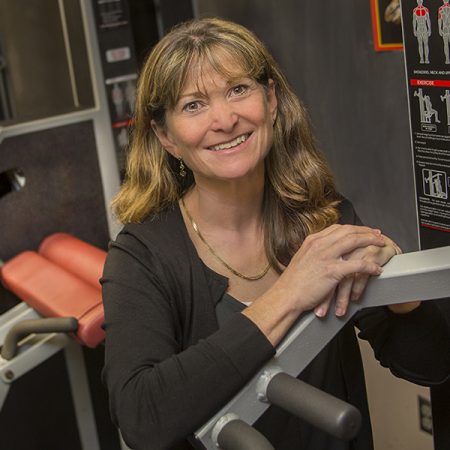
As the heat and humidity of another historically warm summer continue to intensify, outdoor exercise and high-exertion activity become increasingly risky. If basic precautions aren’t taken, strenuous outdoor exercise can prove dangerous, even deadly.
Florida State University’s internationally recognized experts are available to comment on the best ways to safely approach outdoor activities in the sweltering summer heat.
Robert Hickner, associate dean of research & graduate studies and professor, College of Human Sciences
(850) 644-0700; rhickner@fsu.edu
Hickner’s research interests include aging, obesity, exercise and nutrition. He has published extensively on the topics of exercise physiology and nutritive blood flow and lipolysis in skeletal muscle and adipose tissue.
“Preparation for outdoor activities in the summer heat should include proper fluid intake over the preceding hours/days and acclimatization to high environmental temperatures rather than taking on extended outdoor activities in a dehydrated or previously non-acclimatized state. Acclimatization involves daily repeated and successively longer exposures to high environmental temperatures over one to two weeks, preferably during low-intensity physical activity.”
“Before you plan your outdoor activity, you should consider the outdoor temperature and humidity, your current illnesses and medications, as well as your age and past incidences of heat-related illness. Older, physically inactive and obese individuals, as well as those on certain medications are particularly susceptible to the life-threatening condition of exertional heat stroke.”
Susan Shelton, assistant professor, College of Nursing
(850) 644-6009; sshelton@fsu.edu
Shelton’s areas of research are women and infant health, postpartum support and wellness across the lifespan. She is a certified nurse-midwife and has worked in the field of women and infant’s nursing for nearly 20 years.
“My recommendation for exercise in the summer heat is to pay close attention to the heat index, humidity and hydration. Most people think about hydrating during exercise, which is important, but really hydration should begin the day(s) preceding exercise. Going early in the morning (i.e. 5:30 a.m.) before the sun is up can help you beat the heat, but the humidity may still be a challenge. Again, adequate hydration is imperative. If going during sunny hours, do not forget the importance of sunscreen, too.”
“Hydration and sunblock are particularly important for pregnant women: If a woman is dehydrated, she may notice more uterine irritability or contractions. This is not an effect that we want women, especially those who are preterm, to experience. Pregnant women are also more vulnerable to sunburns, heat rashes and chloasma (mask of pregnancy); therefore, they should use a minimum of 30 SPF sunscreen in the summer sun.”
Lynn Panton, professor, College of Human Sciences
(850) 644-4685; lpanton@fsu.edu
Panton’s research tackles strength training and its effect on the physiological measurements of strength, blood pressure, cholesterol, body composition and functional outcomes of healthy elderly adults and chronically diseased populations.
“When exercising in the summer, always start gradually to get acclimatized. Perhaps start with 10 minutes and increase the time over a few days and weeks. Add rest breaks if your heart rate gets too high.”
“If exercising in the heat of the day, try and find a route that has trees and is out of the direct sunlight. Make sure to drink plenty of water before, during and after exercise. To get an idea of how well hydrated you are, your urine should be light in color. If it’s dark, you need to drink more fluids. Water is best, but sports drinks and electrolytes are good. Diluting sports drinks with water may help with reducing calories.”
“Another good rule of thumb is to weigh yourself before and after you exercise. For every pound lost you should drink a pint of water. If you feel dizzy, light headed or nauseous, quit exercising, get out of the sun and drink plenty of water. Heat exhaustion can lead to heat stroke, which is life threatening. If you are dripping with sweat, that means your body is not cooling, so wear clothing that allows heat loss and your sweat to evaporate. Do not wear plastic clothing or sweats shirts and pants when exercising in the heat. You are just losing water weight and that can be very dangerous. People have died doing things like this. Wear sunscreen and protect your eyes from the sun.”




